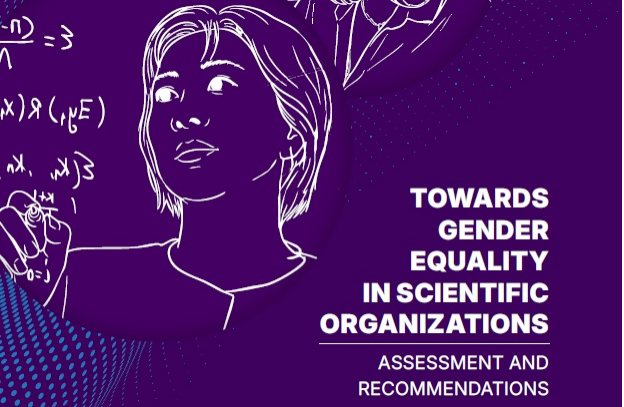The chair of the consortium on hazards and disasters, affiliated with the ICSU Regional Office for Africa (ICSU-ROA), Prof. Genene Mulugeta, currently based in Sweden, had prepared a report, on occasion of the 3rd World Conference on DRR, on the consortium’s plans and ongoing activities. See SAUNET ICSU ROA Consortium Report.
The consortium is a regional scientific initiative that aims to provide science based solutions to combat the risks posed by hazards and disasters in Sub Saharan Africa (SSA) as the continent is facing significant challenges from natural and human-induced hazards and disasters, including storms, drought, floods, cyclones, fire and earthquakes.
Future and ongoing activities:
The rationale behind the review of the science plan is to inject new ideas and improved focus on the science activities and sustainability issues on the continent. Some of the pertinent questions that need to be asked are: (a) How to make research more directly applicable to African society? (b) How to facilitate and strengthen the link between science and policy? (c) How to promote disaster risk education relevant locally and regionally? This activity is spearheaded by a committee comprised of African scientists from both the natural and social sciences and representing the different hazard and disaster disciplines. The review process will culminate with a physical meeting in Pretoria, South Africa in June 2015.
- Building an interdisciplinary research consortium for reducing disaster risk
For a while now ICSU-ROA has been in partnership with the Sustainable Africa University Network (SAUNET), to bring about the building of a Research Consortium in DRR in Africa. Consortium members have identified a number of key research and capacity building activities in an attempt to implement the ICSU/ROA science plan. In order to facilitate the process, a one-day consortium building workshop was organized by SAUNET of the Baltic University Programme, Uppsala University and ICSU-ROA on 31 October, 2014 in Uppsala under the theme “Reducing the Risk of Natural and Human-induced Hazards and Disasters for Africa’s Sustainability with sponsorship from the Swedish Secretariat for Environmental Earth System Sciences (SSEESS).
To facilitate Africa’s participation in the programme, a workshop was convened in Abidjan and Yamassoukro in December 2014, supported by QIST as contribution to the third objective of the National Policy of Scientific Research of Côte d’Ivoire.
Action action areas include:
• Promoting collaboration between ICSU-ROA and the African platform for DRR
• Facilitating the link between DRR and Climate Change
• Publication of a book on hazards and disasters (in press at the African Institute of South Africa AISA).
For more information on activities leading up to the work of the consortium, see: Regional Activities
For information on the IRDR International Centre of Excellence in Africa, see IRDR REAL.






